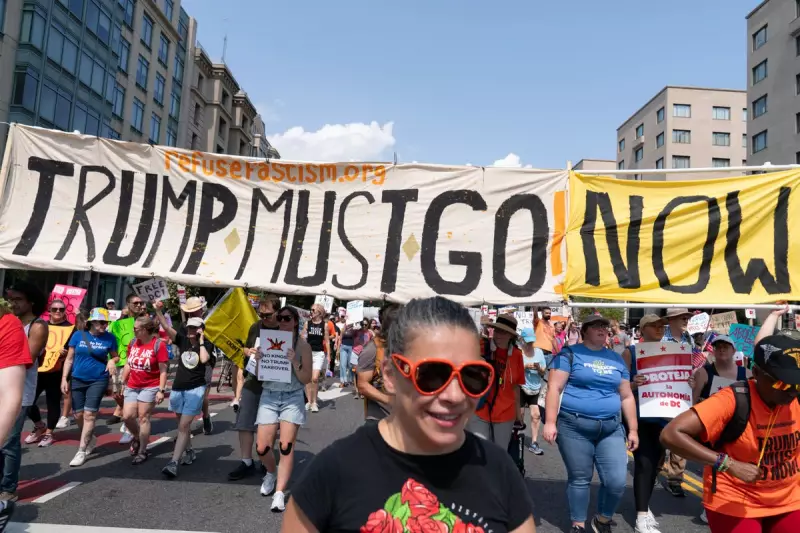
A controversial directive from Donald Trump's White House has come to light, revealing an attempt to stifle linguistic diversity within its walls. According to a new biography, staffers were instructed to speak only English while on duty, a policy that has drawn sharp criticism for its exclusionary nature.
The revelation, unearthed by biographer Alexi McCammond, paints a picture of an administration intent on enforcing a monolingual culture. This unofficial ban extended to casual conversations between colleagues, effectively marginalising native Spanish speakers and signalling a hostility towards multicultural expression at the highest level of government.
Chicago's Mayor Delivers Scathing Rebuke
Brandon Johnson, the Mayor of Chicago, did not mince words in his condemnation of the policy. He lambasted the reported ban as "anti-American" and a direct assault on the nation's rich tapestry of cultures and identities.
"To tell people they cannot speak the language they dream in, they cannot speak the language they pray in, they cannot speak the language they love in, is unacceptable," Mayor Johnson stated, capturing the profound personal and cultural impact of such a rule. His response underscores the deep political and social divisions surrounding language and identity in modern America.
A Reflection of Broader Political Tensions
This incident is seen by many as a microcosm of the Trump administration's broader stance on immigration and cultural assimilation. The reported English-only rule aligns with the former president's frequent rhetoric on immigration reform and national identity, which often targeted non-English speakers.
The backlash highlights the ongoing national debate about what it means to be American in a increasingly diverse society. Critics argue that such policies are less about unity and more about promoting a narrow, exclusionary vision of the country.
As this story breaks, it serves as a potent reminder of the power dynamics embedded in language and the enduring culture wars that continue to shape the American political landscape.





